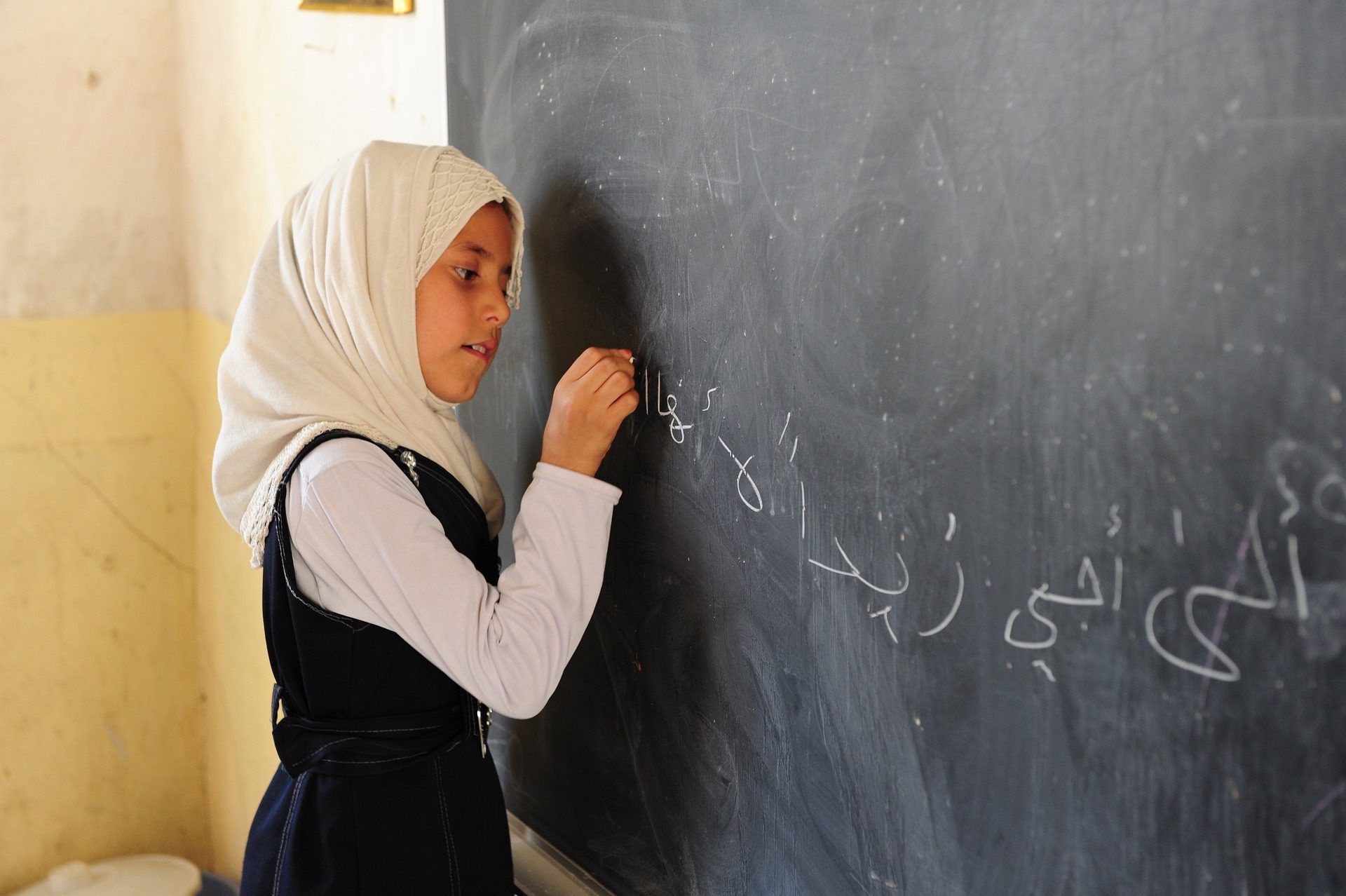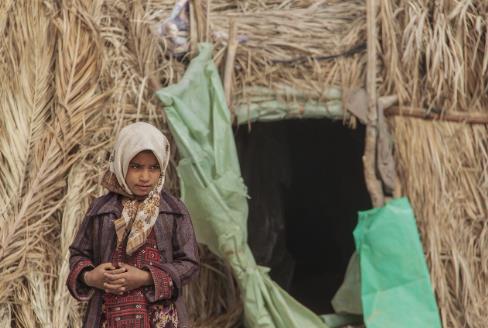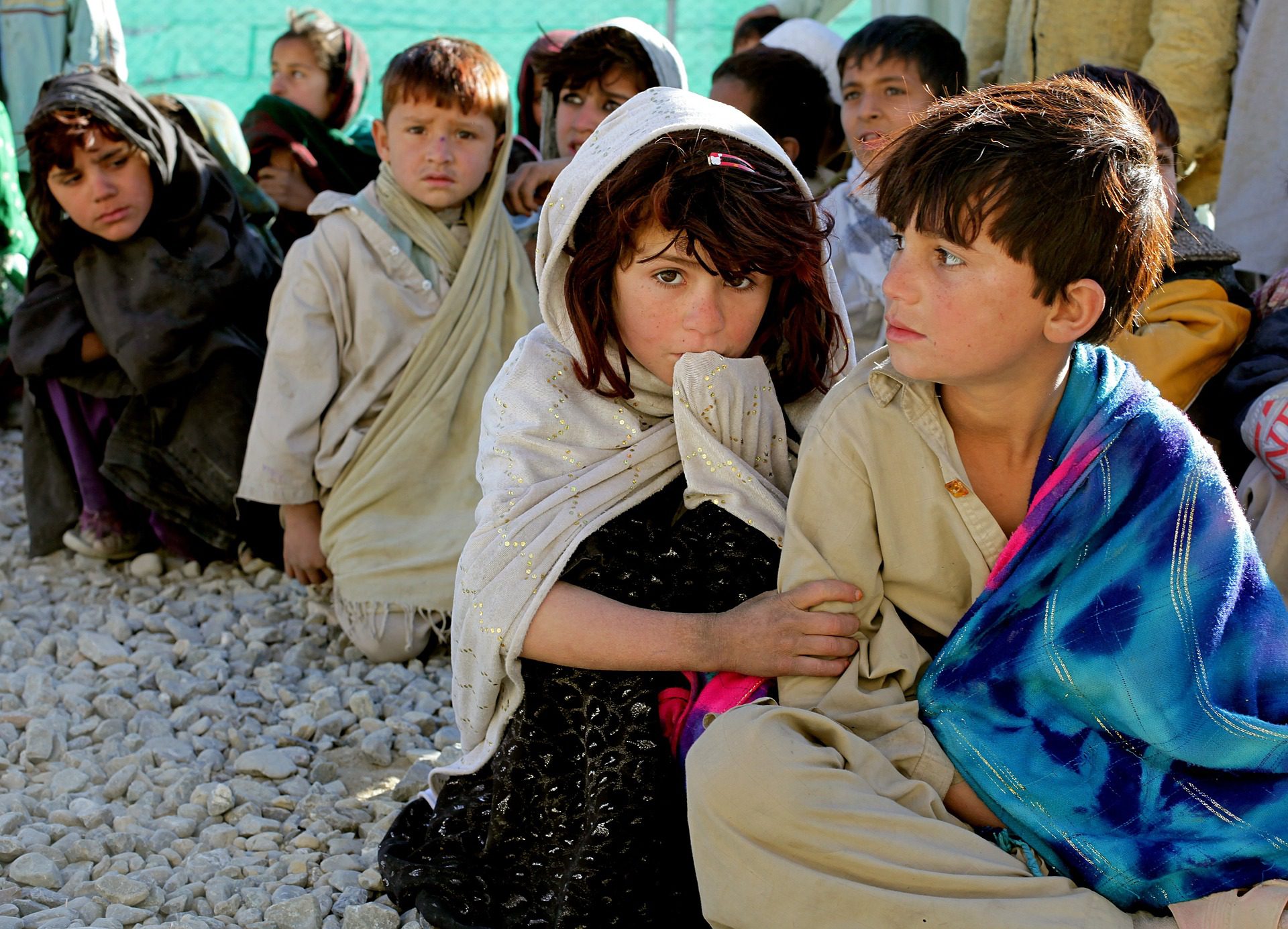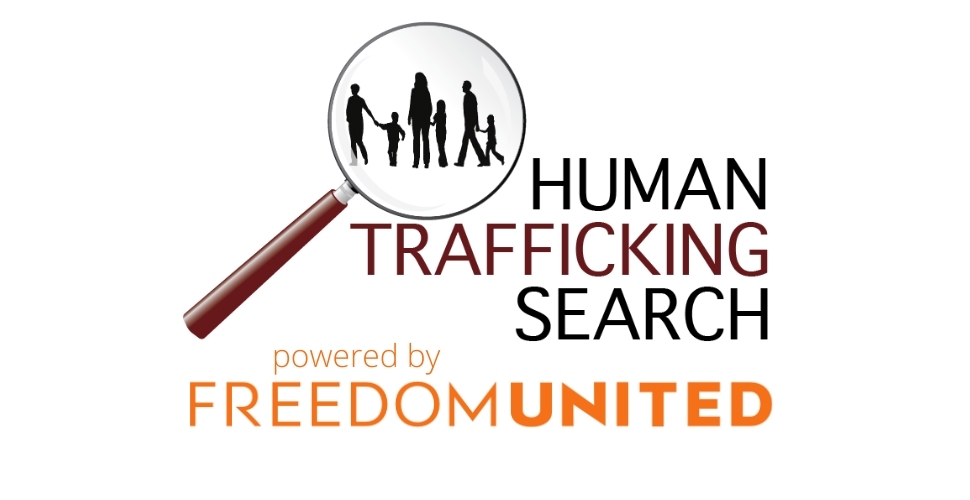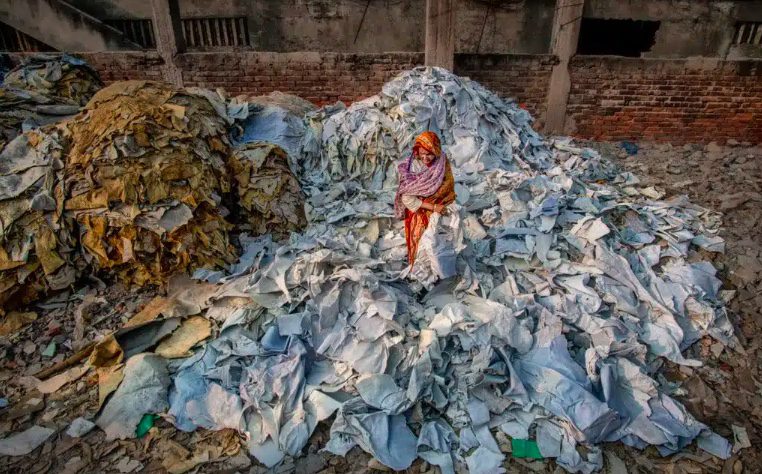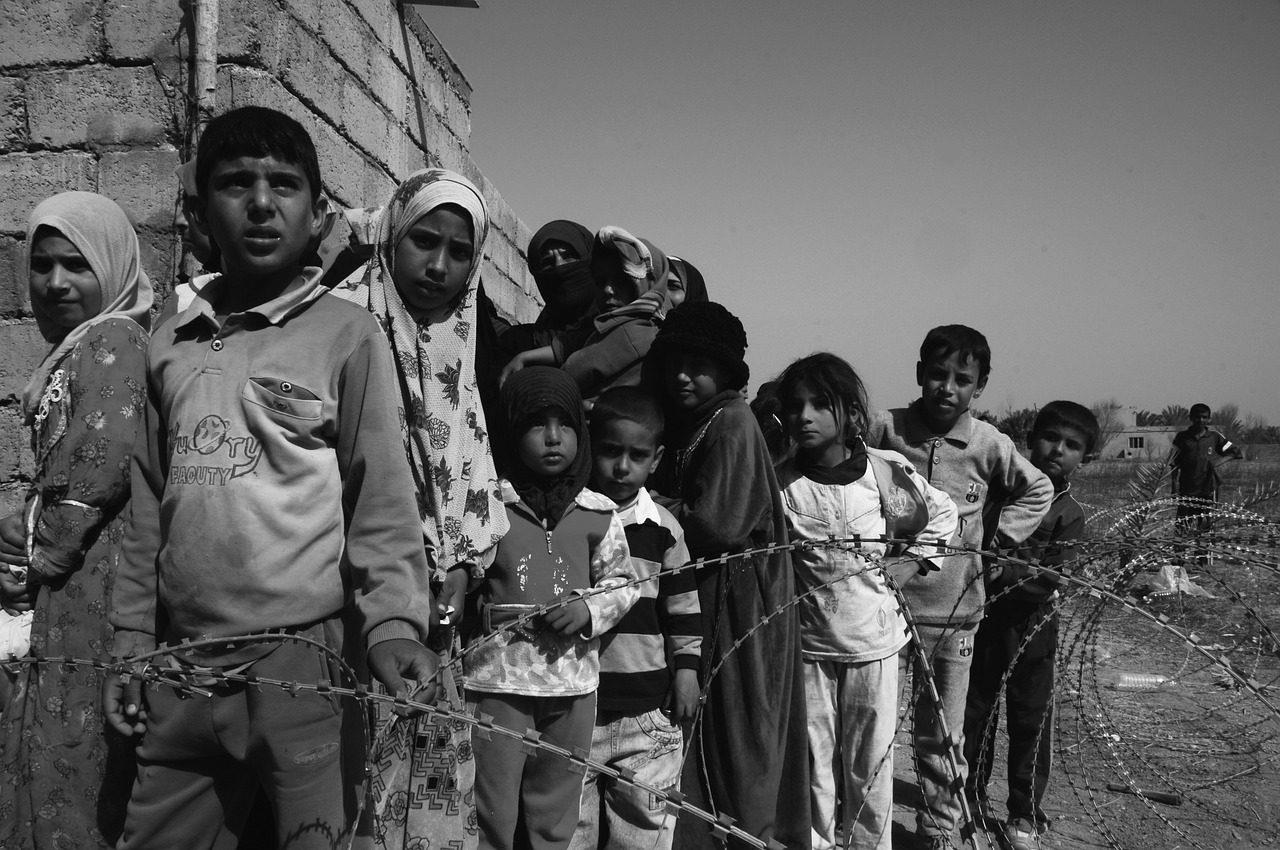
This is the fourth installment in the series, read the first installment, Khorshid and Madinah’s Stories here, and the second installment, Leilah and Kulthoom’s stories here, and the third installment, Hafsa and Gul-jan’s Stories here.
According the the United Nations, if current trends continue more than 342 million women and girls could be living extreme poverty by 2030, a condition that leads to forced child marriage for many girls worldwide making them more vulnerable to modern slavery and exploitation. Governments everywhere must prioritize gender-responsive financing and increase public spending on essential services and social protection to ensure women and girl’s needs are being met and help prevent exploitation.
Policymakers must also value, recognize, and account for the vital contribution women make to economies worldwide through paid and unpaid care work. Women spend around three times more of their time doing unpaid care work than men. If this unpaid work were assigned a monetary value it would account for more than 40 percent of GDP. Every day, more than 16 billion hours are devoted to unpaid domestic work and care work around the world. When you consider those trapped in forced child marriage due to extreme poverty, that equals potentially billions of hours of forced labor done by children in communities around the globe.
The Global Campaign for the Prevention of Child Marriage (GCPCM) is an ongoing awareness raising campaign that aims to help stop child marriage through education and storytelling. As part of the campaign,100 women from around the world who married under the age of 18 were interviewed by local volunteers from their community. The founder of the campaign, Iranian community leader Shahin Gavanji, stated ‘Child marriage is a big problem in the world. The physical and sexual abuse of children through child marriage [has been] totally ignored. This needs to end.’
GCPCM aims to help change that by sharing the lived experiences of survivors which underline the ways child marriage is a fundamental violation of human rights, depriving children of their right to education, health and safety. These are Iffat* and Ahoo’s* stories.
Iffat: Pakistan
Iffat is a young woman from Pakistan who wanted to grow up to be a doctor. But when she was 6 years old and living in Lahore city tragedy struck, and her father suddenly died. Due to the loss of income, her family slipped into poverty and her mother had to sell her to another family as she could no longer afford to take care of her.
As Iffat grew up her adopted family started refusing to provide the support needed for her to attend school. She was left with no choice, and while others attended school, Iffat had to stay home and work in the family garden. She began to feel her childhood was filled with hardship as the treatment by her adopted family got worse and worse. Because of the pressure she felt in her adopted home and the difficulties she had surviving, at 10 years old Iffat decided to run away and fled to Karachi, where she hoped to emigrate to another country. In Iffat’s words “I only wanted to walk and go”. But her adopted family managed to hunt her down and forced her to marry an older man.
This is Iffat’s story:
“I remember the day when my adopted family put me in a small room in the corner of our house and my stepfather beat me severely. I remember he beat me so hard on my head that I was comatose for a few minutes, I couldn’t move, and had difficulty breathing. At 10 years old I had to marry a man who was 40 because of money. I was sold two times due to poverty, first by my mother and second by my adopted family. I lost my childhood, my freedom and myself when I was forced to get married. I could never be the same person again. My future husband paid my stepfather for me, purchasing me without my knowledge or consent and then forced me to marry him. I didn’t have a wedding ceremony, I didn’t have anything, they sent me to my husband’s house with a small bag, that was all, it felt like torture. I had always dreamed of having a big wedding ceremony with a beautiful wedding gown, music and other things. This is the first time I am sharing one of my most precious childhood dreams. Every night as a little girl when I closed my eyes and I wanted to get to sleep, I let myself imagine myself in a beautiful wedding gown walking down a long, beautiful beach.”
“Starting with that first day when I went to my husband’s house, unfortunately life was very difficult. My husband had a psychological problem, he beat me and beat me for even small things. I started calling my new house a “house of torture”. No one knew how hard my situation was since I did not often leave the house, it never felt like my house since my husband always treated me very badly and harassed me constantly. It is very hard to talk about my life. When my husband beat me, he would throw me out of his house and was always verbally abusive to me. When he threw me out, I had to sit outside at the front of the door and hide my face with a big veil. Once I tried to ask for help from my adopted family. I went to their house and asked them to rescue me, but they refused to help and instead threw me out of my former home back into the street. I had no family left to turn to for help and my husband was able to treat me as he wished without any fear of repercussions. After some mounts I became pregnant, and while some women enjoy being pregnant, it was terrible personal experience for me. I had no knowledge about pregnancy and no one to turn to for help. If you are alone with no support, pregnancy becomes a very hard and horrific experience. My biggest fear was that my child would have the same terrible experience as I had. That is why, when I first realized I was pregnant, I decided I would abort my child, but then I cried and begin to see her as gift from God. I made a promise to my unborn child to help and support them when they were born and try every possible way to help them find. When my daughter was born, I was very glad since I was no longer alone. I am proud to say today I kept that promise to my child. My daughter is now 28 years old and has been successful. She works as a clerk at a company, in summary “my daughter is my hope in my life”. The GCPCM campaign is a great project that gives a voice for women like me and helps us be part of ending child marriage in the world together.”
Ahoo: Afghanistan
Ahoo was a 13-year-old girl living in Afghanistan where she dreamed of becoming a teacher. But like most girl her age in Afghanistan, her parents forced her to get married to a 16-year-old man.
This is Ahoo’s story.
“This terrible chapter in my life started with a family party when I was 13 years of age. At that time, my father had a grocery store, and we had a good life. I remember that hateful night clearly when my family, including my grandfather, aunts and uncles, gathered and destroyed my life. To this day I still feel depressed when I think about that night since my life was changed so much for the worse. It was summertime and it was a very hot day, when we went to my uncle’s house for a family party. Suddenly I heard the ululation of the women at the party and I was very glad since I thought that meant we would have a wedding, never dreaming it would be mine. After a few minutes my mother and my father went to the room with all our family members to all talk together. My grandfather then came out of the room and said they had just held my wedding ceremony. When I found that I was married I was stunned, and I felt so miserable as I knew I could not stand up and defend myself from the constant pressure of all my family. I was so afraid to talk to my parents and tell them that I would not get married so instead I stayed silent. My parents and my relatives didn’t seem to understand me or care that this was not what I wanted. I had been a happy student with thousands of dreams of what my future would hold, but they changed my life and robbed me of those dreams. My marriage is due to our very traditional culture. However, I strongly believe parents who force their children to get married are not real parents and the government should act against them to stop these kinds of traditions from continuing.”
According to Plan International, 12 million girls marry before the age of 18 each year. The reasons for this are complicated and range from gender inequalities and failure to enforce existing marriage laws to parents seeing marriage as a form of protection from violence for their daughters or a way to mitigate/alleviate grinding poverty. But contrary to ideas of protection, studies show that due to power imbalances, like Leilah’s marriage at 15 to a man the age of her grandfather, girls who marry young are more likely to experience violence, abuse and forced sexual relations.
Allowing girls to go to school gives them more choices and opportunities, providing tools for them to not only play an active role in their communities but help break the cycle of poverty. The United Nations views child marriage as a human rights violation, removing a girl’s agency to make decisions about her own life and often robbing her of a life free of violence due to spousal abuse and frequent pregnancy and childbirth, resulting in higher than average maternal morbidity and mortality rates. GPCMC aims to raise awareness and illuminate people’s minds about the issue of child marriage by sharing the stories of women who experienced this trauma from around the world. GPCMC believes sharing the lived experiences of these survivors will act as a powerful tool to empower girls globally and help prevent child marriage in future.
To learn more or help with this campaign follow GCPCH on twitter: https://twitter.com/GCPCM2




